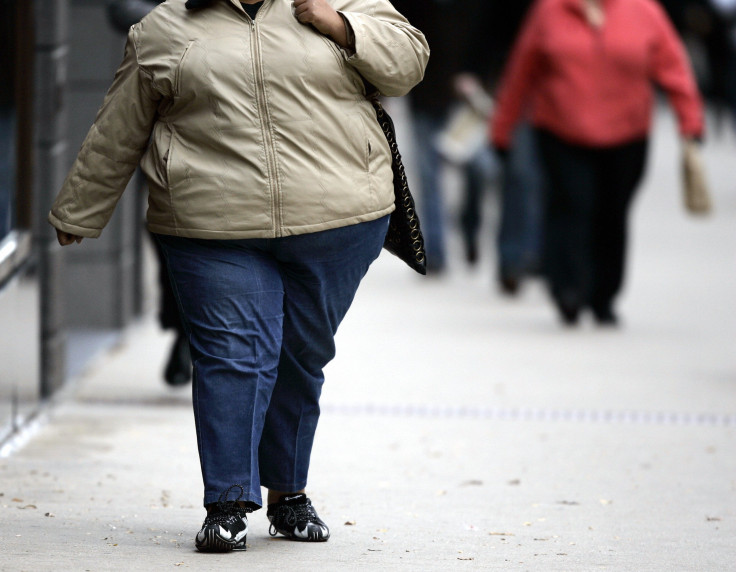What To Eat For Breakfast? High-Energy Food Beneficial For Obese, Diabetes Patients

A high-energy breakfast can help with weight loss and also proves beneficial for Type 2 diabetes patients by decreasing the need for insulin, a recent study presented Saturday at ENDO 2018, the 100th annual meeting of the Endocrine Society in Chicago stated.
"This study shows that, in obese insulin-treated type 2 diabetes patients, a diet with three meals per day, consisting of a big breakfast, average lunch and small dinner, had many rapid and positive effects compared to the traditional diet with six small meals evenly distributed throughout the day: better weight loss, less hunger and better diabetes control while using less insulin," lead study author Daniela Jakubowicz, professor of medicine at Tel Aviv University said.
"The hour of the day — when you eat and how frequently you eat — is more important than what you eat and how many calories you eat," she noted. "Our body metabolism changes throughout the day. A slice of bread consumed at breakfast leads to a lower glucose response and is less fattening than an identical slice of bread consumed in the evening," Jakubowicz added.
The study involved 18 men and 11 women with average age of 69 years suffering from Type 2 diabetes and obesity. All the patients were under treatment with insulin. The research was conducted for a span of three months and the participants were asked to consume one of two different weight loss diets. Each diet contained an equal number of daily calories.
The first group was asked to take three meals, comprising of a large breakfast, a medium-sized lunch and a small dinner. The second group went for traditional diet for diabetes and weight loss with six small meals evenly distributed throughout the day.
The overall glucose levels and glucose spikes were measured during the first two weeks on diet. Glucose levels were tested every two weeks and insulin dosage was adjusted depending on the result. While the first group (Bdiet) lost 11 pounds after three months, the second group (6Mdiet) increased 3 pounds.
Fasting glucose levels decreased from 161 to 107 in the Bdiet group but only from 164 to 141 in the 6Mdiet group. The study also found carbohydrate craving and hunger decreased significantly in Bdiet group but increased in the 6Mdiet group.
© Copyright IBTimes 2024. All rights reserved.





















